The art and practice of good governance and nation-building is not for the apathetic, shortsighted or presumptuous. Only focused, selfless, visionary, adaptive and transformative leaders end up being great leaders and nation-builders. For sixty-four years, Nigerian leaders have respectively offered platitudinous intent to make Nigeria great, and to restructure it for greater equity and effect. They all failed. On their respective watch, Nigeria has with disambiguating blatancy stagnated.
The argument has been made continually that Nigeria needs systematic restructuring, or risks being restructured by default, with indefinite outcomes. Realities gleaned from the just-concluded #EndBadGovernance protests offer a scary insight into the unfolding trajectory. Nigeria has never been this polarized. Besides bad governance, Nigeria has been damaged by highly-placed bigotry. The protests have ended, but two salient variables remain: lessons learned and missed opportunities.
Join our WhatsApp ChannelCuriously, one of the narratives that emanated from the August protests was the allusion of foreign involvement. This is mythical and mere shadow chasing. It was Nigeria that misplayed her diplomatic and political hands by meddling in Niger’s domestic affairs; thus damning as it were, realpolitik and historical and contiguous affinities. Some protesters unfurling presumed Russian flags on Nigeria’s soil was an outlier that reflected unintended and unforeseen consequences. It’s nonetheless a deeply troubling reality. Relatedly, the usually non-protesting North has finally protested. With its Zanga-Zanga fervor, the genie is out of the bottle and the much-touted north-southwest pact stands amortized. Some have translated the Northern protests as indicative clamor for an Arewa Republic.
READ ALSO: After The Protests And Beyond Bad Governance
Nigeria’s diversity used to be her strength. As a composite of over 250 ethnic nationalities cobbled together by the colonialists, Nigeria had always managed to find some balance, by her three major Wazobia tribes symbolically standing in brotherhood, and also through the symbolic protection of minority rights. This is no longer so. Unwittingly, Nigeria is presently being dangerously dissected by Nigerian elites, for primordial reasons that trumps her rich diversity and hardly serve common cause.
Up till now, it was accepted, even if grudgingly, that each of the 250 ethnicities that form Nigeria’s national mosaic had a place and role in the federation. But as things stand, those places and rights seemingly can no longer be protected. Thus, the places and rights of the big three can’t be guaranteed. Ever more, Nigeria’s tight knit seams that underpin the national mosaic have frayed, making each ethnicity more distinct, yet weaker. Nigerians now seems averse to cohabitation, which denotes clear and present danger.
Sardonically, some mistake and therefore misinterpret the evolving ethnocentric distinction as having achieved leadership primacy or unilateral sectional strength in a secular federal system. But the intrinsic comparative advantage of each ethnic component has not changed. Neither has the mutually beneficial attributes. Here is the befuddling fallacy; whereas some national parts seem to have become stronger, the resiliency of the parts that form the whole have become visibly weaker. The crux of this challenge is the tactless default of recent leaders who placed sectional interests above national interest.
READ ALSO: We’ve Arrested Tailors Who Made Russian Flags Used By Protesters In Kano – DSS
In her 2018 book, Our Time Has Come: How India is Making its Place in the World, Alyssa Ayres, drew on how two successive Indian leaders, Mamohan Singh and Narendra Modi, single-mindedly and selflessly repositioned India. Apropos Nigeria, except for Murtala Muhammed’s Addis Ababa Declaration that ‘Africa has come of age’, no other Nigerian leader has in the strict sense, visualized and enunciated authoritatively, Nigeria’s place in the world.
Contextually, Nigeria continues to wallow in unbridled leadership ineptitude and bad governance. Her comeuppance has manifested via unvarnished bigotry. And restructuring, as desirable as it is, remains to some, a national buzzword of seemingly inconsequential value. As far as metaphors go, present day Nigeria mirrors in stark reality, the depiction so well-captured by the great allegorist, John Bunyan: “He that is down needs fear no fall.” The apathy that is commonplace in Nigeria is predicated on the contrived willingness of the national elite to ensure that Nigeria, a fallen and failed nation stays down.
Oddly enough, the national elite clearly have not factored in fully, the intent and aspirations of the succeeding generation – Nigeria’s Gen-Zs. Hence, the unfolding battle ground for the soul of Nigeria, is across the generational divide. Perhaps Nigeria no longer needs to be restructured formally. The visible divide in the compartmentalized support of the national protests, speaks clearly to this fact. The people have restructured Nigeria, albeit involuntarily.
Also, the nation’s inexplicable change of her national anthem may yet prove prescient. ‘Nigeria, hail us or let huger kill us’. This assertion is antonym to ‘Nigeria we hail thee,’ which is now often mouthed facetiously and derisively. Such a sarcastic anecdote would be comical, if in reality, it was not so tragic. The scriptural return to the old order, if that was what the perfunctory anthem swap was meant to signify, holds nothing nostalgic, except for foolhardiness and pain, now well beyond suffering and smiling. It was exceedingly painful to hear Nigerians call for a return to military rule. It was also very painful for a nation of 200 million people to come off the 2024 Paris Olympics, without a single medal. Signs of the times!
READ ALSO: Olympics: Like Crude Oil, Nigerian Sports Is Raw Material For US, Europe, Other Countries
For long Nigeria has been immersed in a rut. Truly, the rut did not start today. Still, given her dependent-independence status, asserting Nigeria’s independence, is now a bittersweet oxymoron. Nigeria can be whole, but it is not. Her citizens are cofounded by the stupor of independence co-mingled with incivility of deprivation. Long held beliefs of national greatness have turned grotesquely illusory. Due to squalidly bad leadership, Nigeria and her denizens reel in itinerancy. Nigeria and Nigerians have thus become a beggar nation, beggarly people; and debt and poverty challenged.
READ ALSO: Tinubu Needs Strong Executives Not Cronies, Minions To Implement Oronsaye Report – Obaze
Bad governance in Nigeria is a reality. At all levels, governance has become a walk in the perilous forest; not a walk in the freedom park. Presently, some of Nigeria’s best brains –youths trying to japa– lay buried in unmarked graves in the Sahara Desert and the Mediterranean Sea. Understandably it’s the prevailing dichotomies that compel some to seek an exit from the union; from that ‘sea of mud’ that is Nigeria, or die in the mud while trying. Yet some insist on the reset of Nigeria, convinced that a new Nigeria is possible. Their mission is not to put Nigeria asunder; but to reset it in line with the vision of the founding fathers and the tenets of true federalism and democracy.
There can be no pretenses whatsoever, that unaltered and un-restructured, Nigeria’s future will remain bleak; and her past indeterminate and fraught by a gilded era of disparate voices for unity. There could not be hope; not with interloping faux leaders taking charge in nation building; not with embedded voices in the southwest vociferously promoting the #IgboMustGo campaign, without broad censure and disclaimers from the region’s elite; and not with the insipient call for military rule. What these attests to, is that very few true patriots remain who retain a modicum of unshaken faith in the cohesion and indivisibility of the nation. It’s salutary that some Patriots recently engaged the President.
Quo Vadis, Nigeria? Which Way Nigeria? Before ever talking of modalities for restructuring, Nigerians must grapple first with the need to reset Nigeria as one would reset an errantly late clock. There are two parts to this urgent process. There are inherent demands aligned with the national protestations. Too many grievances persist that needs to be addressed. So too, are unmet governance and material needs. Poverty, hunger and deprivations are the common denominators. That totality of bad governance can’t be wished away. And that’s the butt of the protestations by Nigerians.
Those protesters who took to the streets to clamor for change were not scofflaws or miscreants. They are hungry, disenfranchised and disappointed Nigerians. They are also Nigerians cognizant that peaceful protestations are permissible within constitutional ambits. Though separated by ethnicity and religion, they were unified by poverty, hunger and deprivations. As such, no bluster or intimidation can dampen their fervor. And so long as hunger and bad governance persist, we can expect more protestations in the months ahead.
Nigeria is in dire straits, but a sliver of hope remains. In contemplating Nigeria’s curious next steps, the present APC leadership should lead by example. First, is to acknowledge the evident governance fallibilities and quickly rethink its defective governance modalities. Second, is to concede to some key demands aimed at abating prevalent hunger and suffering. Third, with the recent convocation of the National Council of State, present and past Nigerian leaders must undertake measures to expeditiously rejig Nigeria; perhaps first, by embarking on a government of national unity comprised of a team of rivals. They can also elect to dither until unscripted circumstances compel a different trajectory to collective or segregated aspirations. That seemingly hard choice is indeed quite an easy one to make.
Obaze is MD/CEO, Selonnes Consult – a policy, governance and management consulting firm in Awka.

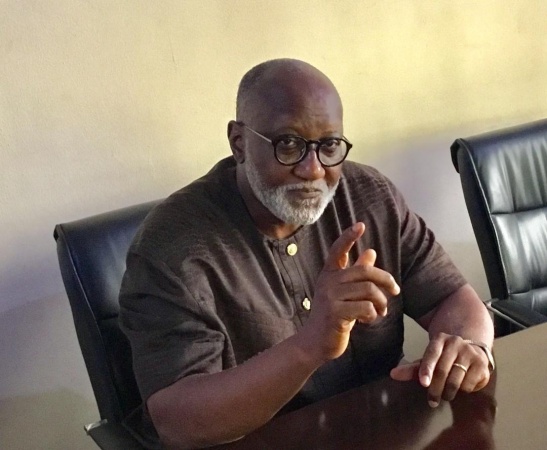



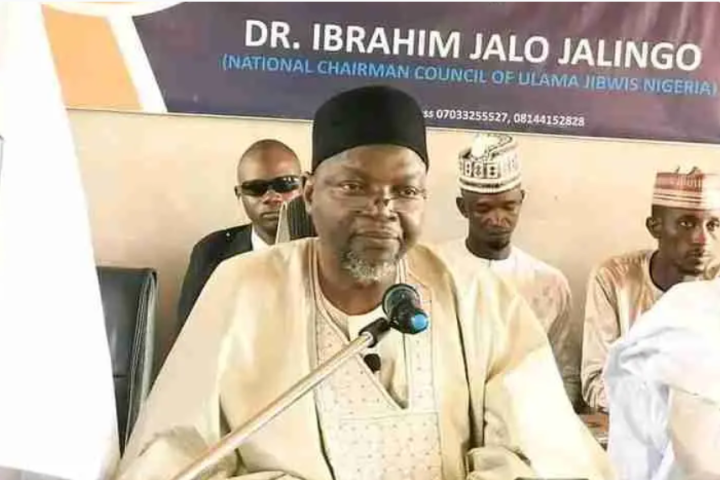
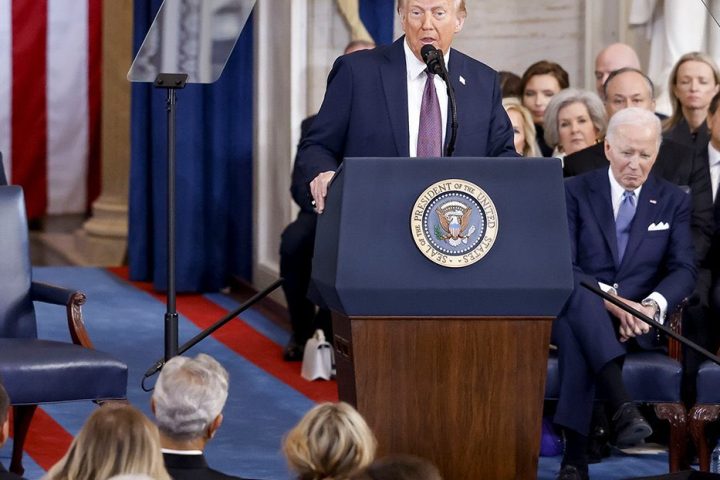





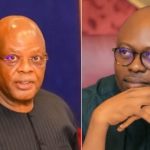



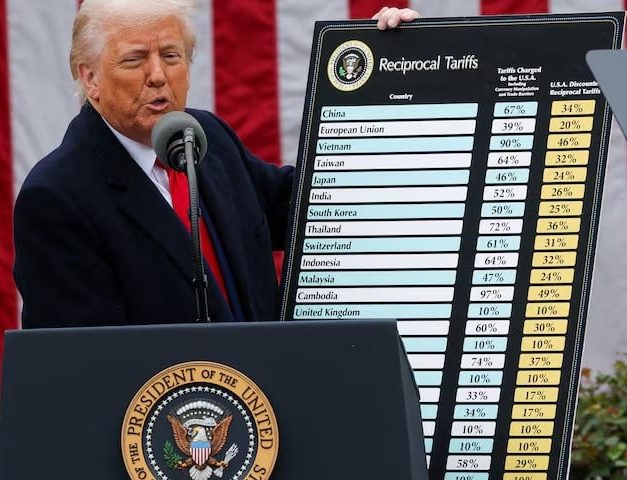
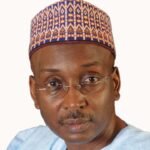
Follow Us